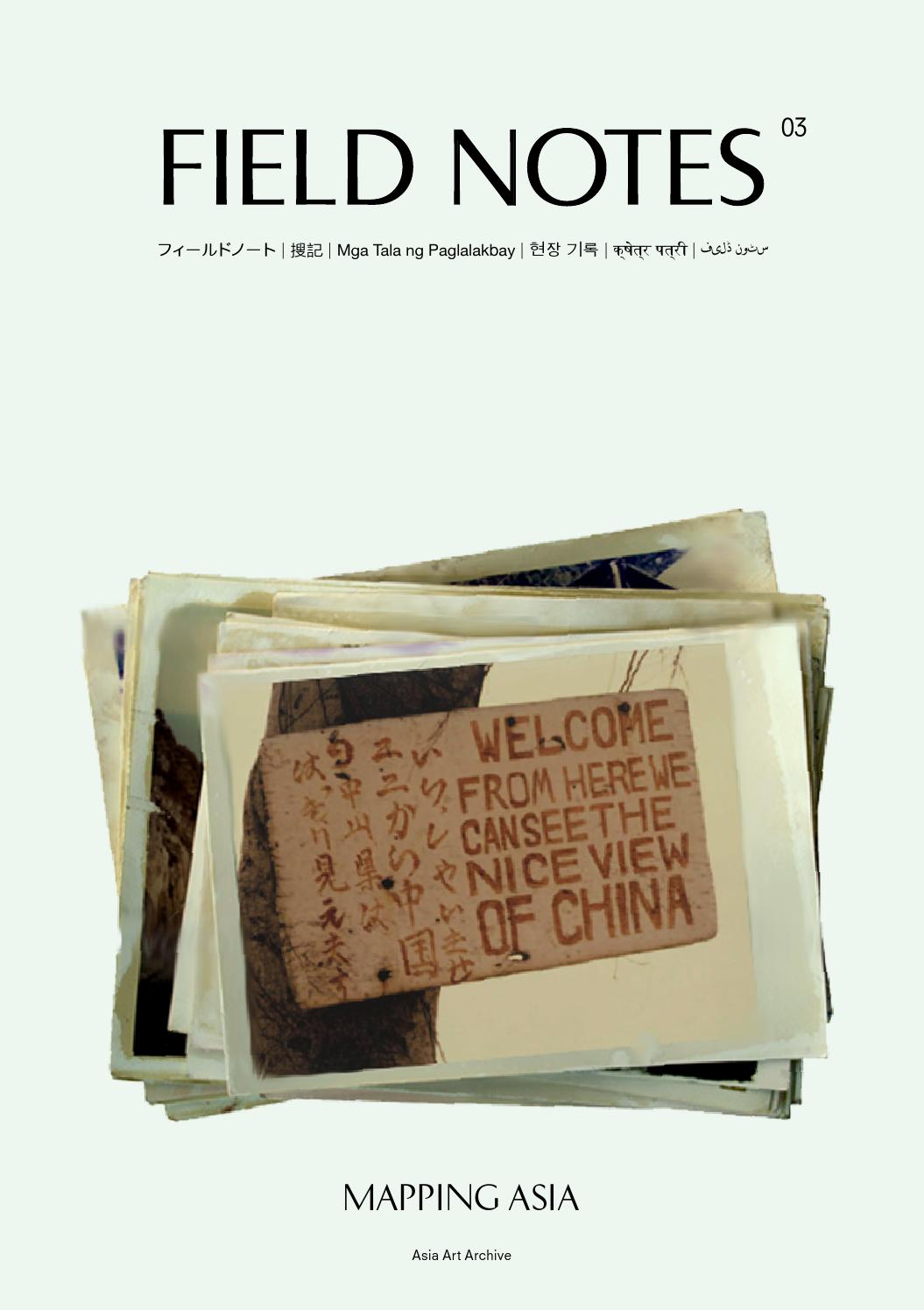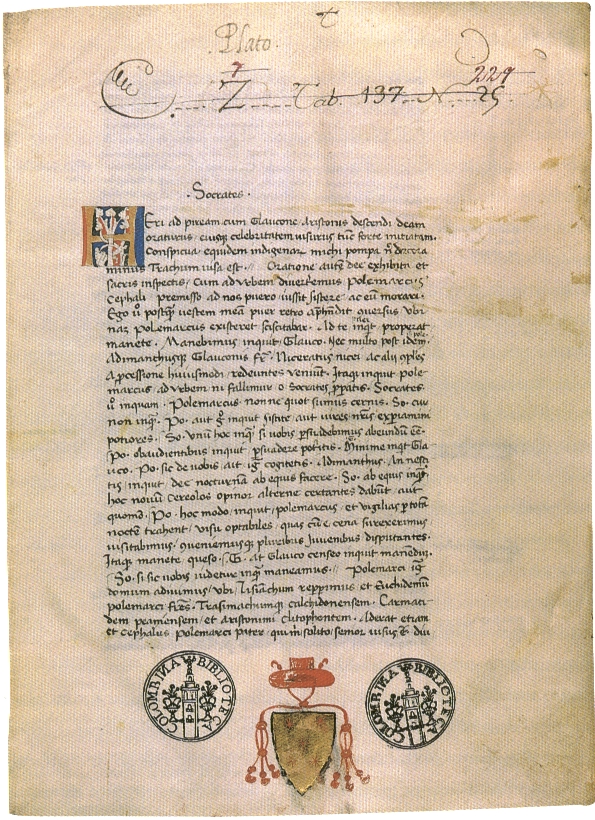Richard Barbrook: Class Wargames: Ludic Subversion Against Spectacular Capitalism (2014)
Filed under book | Tags: · activism, avant-garde, capitalism, constructivism, game, military, neoliberalism, new left, participation, politics, psychogeography, situationists, war

“Why should radicals be interested in playing wargames? Surely the Left can have no interest in such militarist fantasies? Yet, Guy Debord – the leader of the Situationist International – placed such importance on his invention of The Game of War that he described it as the most significant of his accomplishments.
Intrigued by this claim, a multinational group of artists, activists and academics formed Class Wargames to investigate the political and strategic lessons that could be learnt from playing his ludic experiment. While the ideas of the Situationists continue to be highly influential in the development of subversive art and politics, relatively little attention has been paid to their strategic orientation. Determined to correct this deficiency, Class Wargames is committed to exploring how Debord used the metaphor of the Napoleonic battlefield to propagate a Situationist analysis of modern culture and politics. Inspired by his example its members have also hacked other military simulations: H.G. Wells’ Little Wars; Chris Peers’ Reds versus Reds and Richard Borg’s Commands & Colors. Playing wargames is not a diversion from politics: it is the training ground of tomorrow’s communist insurgents.
Fusing together historical research on avant-garde artists, political revolutionaries and military theorists with narratives of five years of public performances, Class Wargames provides a strategic and tactical manual for subverting the economic, political and ideological hierarchies of early-21st century neoliberal capitalism. The knowledge required to create a truly human civilisation is there to be discovered on the game board!” (from the back cover)
Publisher Minor Compositions, an imprint of Autonomedia, 2014
Creative Commons BY-NC 3.0 Licence
ISBN 9781570272936
444 pages
via Marcell
PDF (8 MB)
Scribd
See also Guy Debord’s ‘The Game of War’ – The Film (26 min, c2011)
Field Notes 3: Mapping Asia (2013) [English, Chinese]
Filed under magazine | Tags: · art, art history, asia, contemporary art, knowledge, language, migration, politics

The latest issue of e-journal Field Notes edited and published by the Hong Kong-based Asia Art Archive “examines multiple vantage points from which to consider Asia, looking beyond inherited boundaries, histories, and political and economic systems.”
“In our most field note-like issue to date, we interweave artist work, an email exchange, literary extracts, a film plot, exhibition reviews, newspaper clippings, comics, and archival photos. If we were to list some of the entry points for the selections they would include (in no particular order) Guangzhou as site, speculative geographies, Hong Kong, seaborne histories, territory and myth, island disputes, language, migration, and sites of knowledge production and distribution.” (from the editorial)
Edited by Claire Hsu and Chantal Wong
Publisher Asia Art Archive, Hong Kong, 2013
138 pages
PDF (38 MB), HTML, Issuu (English, updated on 2017-11-30)
PDF (32 MB), HTML, Issuu (Chinese, updated on 2017-11-30)
See also Mapping Asia, a 190-page book based on this issue, published circa July 2014 (Issuu, in English).
Comment (0)Plato: The Republic (c380-360 BCE–)
Filed under book | Tags: · democracy, governance, justice, law, philosophy, politics

The Republic (Περὶ πολιτείας; Peri politeias) is Plato’s best-known work and has proven to be one of the most intellectually and historically influential works of philosophy and political theory. In it, Socrates along with various Athenians and foreigners discuss the meaning of justice and examine whether or not the just man is happier than the unjust man by considering a series of different cities coming into existence “in speech”, culminating in a city (Kallipolis) ruled by philosopher-kings; and by examining the nature of existing regimes. The participants also discuss the theory of forms, the immortality of the soul, and the roles of the philosopher and of poetics in society.
Passages, manuscripts, editions, translations and studies (Monoskop wiki)
Comment (0)
